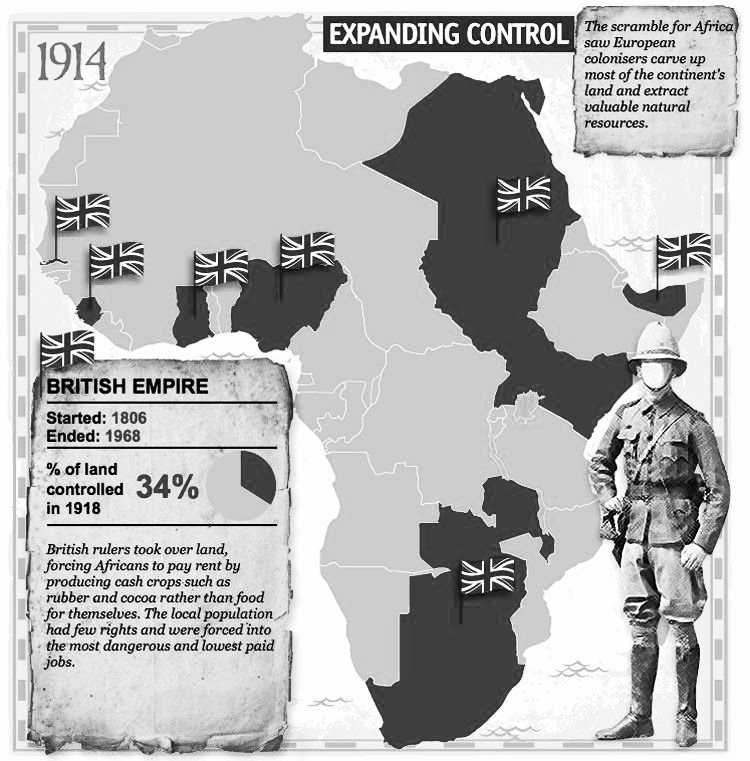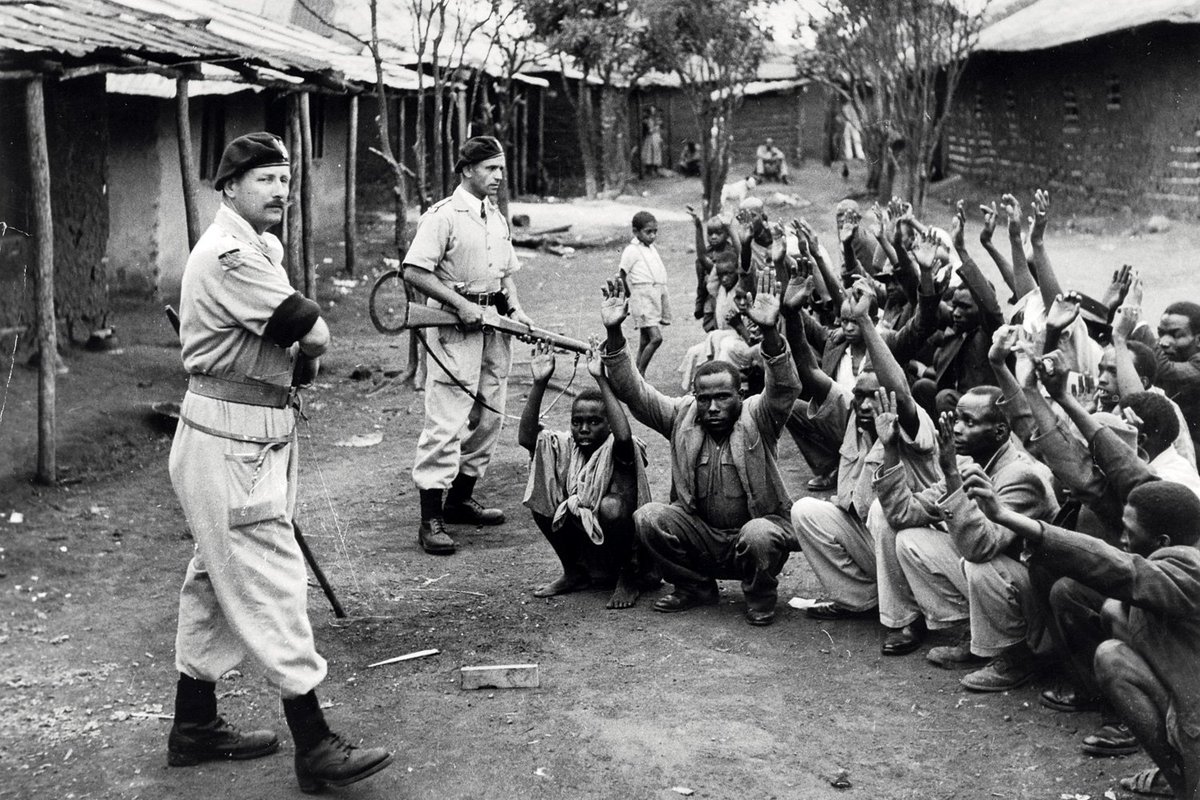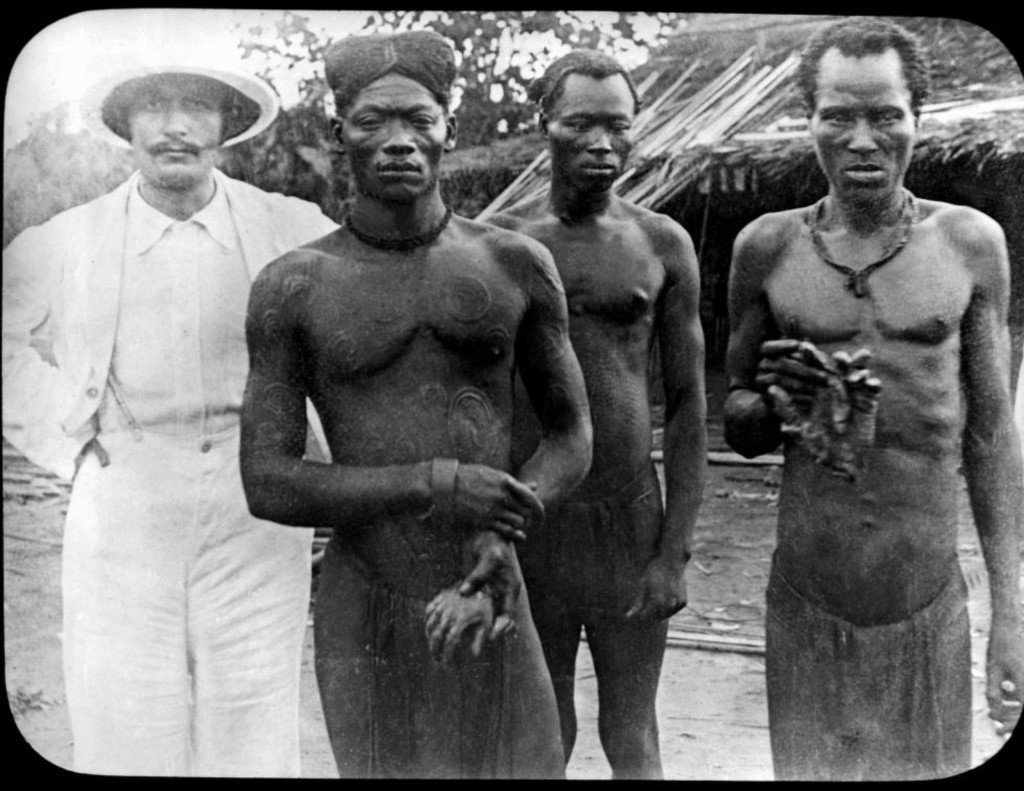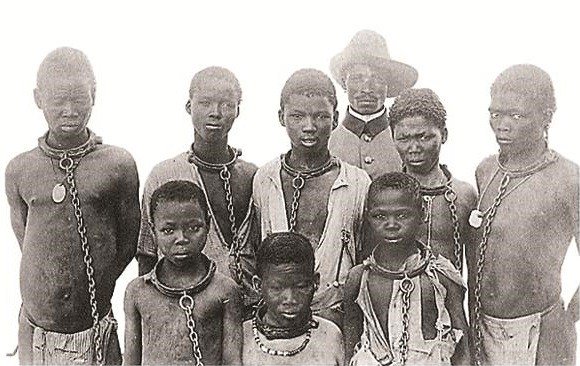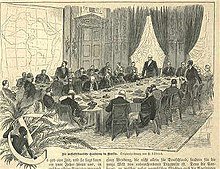#Thread
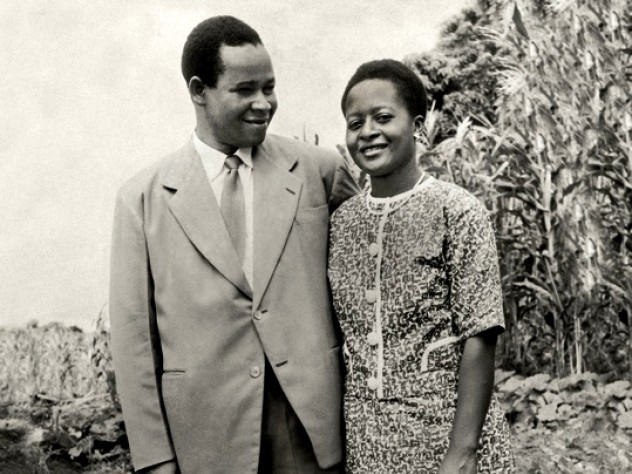
Then he returned to his rural home to raise a rebellion. He and a few hundred supporters tried to attack government outposts in early 1965.

Keep Current with GENIUS
This Thread may be Removed Anytime!
Twitter may remove this content at anytime, convert it as a PDF, save and print for later use!

1) Follow Thread Reader App on Twitter so you can easily mention us!
2) Go to a Twitter thread (series of Tweets by the same owner) and mention us with a keyword "unroll"
@threadreaderapp unroll
You can practice here first or read more on our help page!


